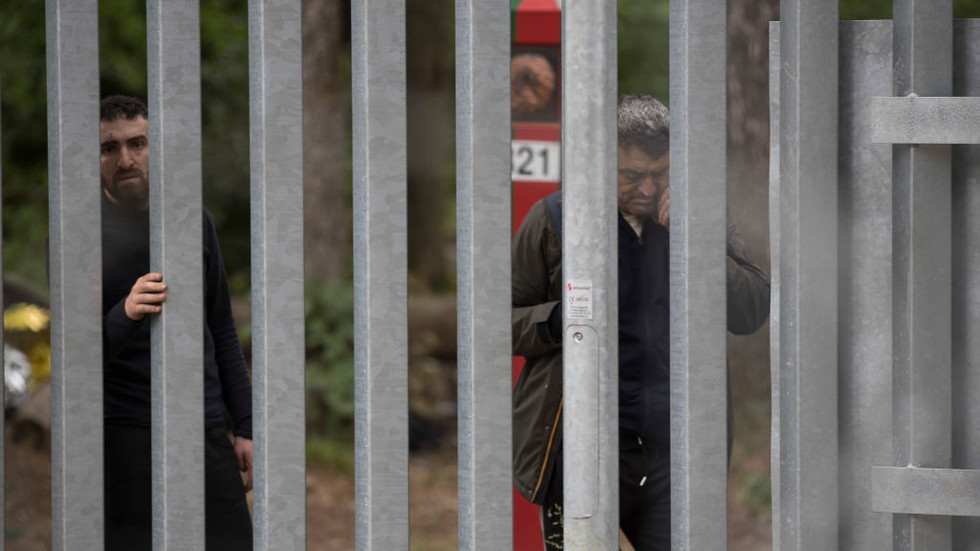Poland is poised to introduce a temporary ban on refugees seeking asylum, as announced by Prime Minister Donald Tusk in a recent address. Tusk attributes this decision to a surge in migrants allegedly being funneled through Belarus into Poland, claiming that Russia and Belarus are manipulating the situation to destabilize the European Union (EU). In his speech in Warsaw, Tusk outlined plans to present this new migration policy, which includes a “temporary territorial suspension of the right to asylum,” to the EU. He emphasized that he would seek recognition from European leaders for this significant policy shift, noting that the context of the ongoing migration crisis necessitates such drastic measures.
The announcement raises complex questions concerning the right to asylum, a fundamental aspect protected by the EU’s Charter of Fundamental Rights and enshrined in the Common European Asylum System. This system is designed to ensure that migrants are treated uniformly across the EU, regardless of their point of entry. The situation is particularly complicated because Tusk argues that the right to asylum is being exploited, mainly by what he describes as a coordinated effort by Belarusian President Alexander Lukashenko, Russian President Vladimir Putin, and organized crime involving people smugglers and traffickers, who are allegedly encouraging and facilitating the migration flow into Poland.
The flow of migrants has surged since 2021, with approximately 2,500 individuals crossing the Belarus-Poland border each month in 2023, despite Poland’s construction of a border fence and measures to push back large migrant groups. The Polish authorities contend that Belarus is actively recruiting asylum seekers and directing them to Poland, facilitated by Russian security services—a claim that both Moscow and Minsk have denied. Most of these migrants are not intending to settle in Poland but are aiming to reach Western Europe, where the benefits for asylum seekers are typically more favorable.
The growing tensions have led Germany to reinstate border checks at all land crossings to manage the influx of migrants. This follows earlier criticisms leveled at German police for allegedly expelling thousands of migrants back into Poland. Intriguingly, Polish media reported that, prior to these developments, the Polish Foreign Ministry and consulates had been implicated in similar actions, issuing up to 350,000 visas to migrants from Asia and Africa with the knowledge that many would subsequently travel to Germany. This contradiction raises questions about Poland’s own policies and actions regarding migration and asylum seekers.
While Tusk’s proposal is framed as a necessary security measure against potential abuse of asylum rights, it is met with uncertainty regarding its reception in Brussels and the broader EU. The EU’s commitment to upholding fundamental rights, particularly concerning asylum seekers, may put Tusk’s proposals at odds with established policies. The question remains as to whether the EU will support a member state in taking such a stringent approach, especially when it comes to measures perceived as potentially undermining the asylum system.
Overall, this decision reflects a broader tension within the EU concerning migration policies, national security, and human rights. As discussions about Tusk’s temporary ban on asylum seekers unfold, they will likely inspire a wider debate about the balance between protecting borders and upholding humanitarian obligations within an increasingly challenging geopolitical landscape. How this issue is navigated will be critical in shaping Poland’s relationship with both its EU partners and the migrants who seek refuge in their borders.

